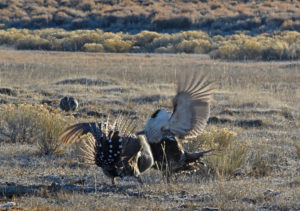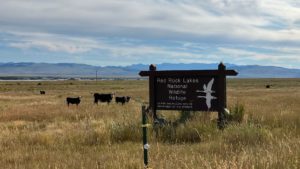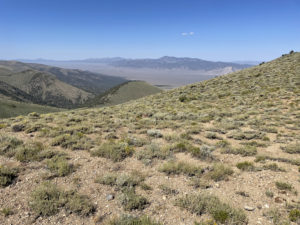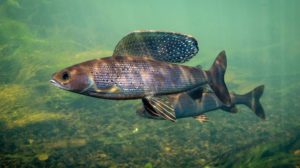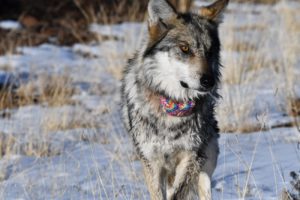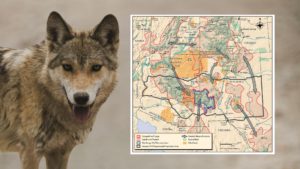For Immediate Release
June 5, 2020
Contact:
Paul Ruprecht, Western Watersheds Project, (208) 421-4637, paul@westernwatersheds.org
PORTLAND, Ore. – Western Watersheds Project today filed a Notice of Appeal to the Ninth Circuit, challenging an Oregon federal District Court decision upholding a management plan that fails to protect greater sage-grouse and rare native fishes at the Clear Lake National Wildlife Refuge in northeastern California. The underlying suit was part of several legal challenges brought by conservation groups against the Comprehensive Conservation Plan for the Klamath Basin National Wildlife Refuge Complex, which spans the Oregon and California border.
“National Wildlife Refuges must be managed to conserve and restore wildlife, yet the U.S. Fish and Wildlife Service authorized livestock grazing in an area containing one of the last remaining sage-grouse leks in northeast California. Grazing threatens the extinction of that population,” said Paul Ruprecht, Nevada-Oregon Director with Western Watersheds Project. “The Fish and Wildlife Service allowed livestock grazing as a ‘compatible use’ even though grazing during sage-grouse breeding season causes serious damage to areas that the sage-grouse need for breeding and nesting on the refuge.”
Scientific studies have shown that sage-grouse require at least seven inches of grass height to provide concealment from their natural predators. Livestock grazing removes this critical cover. Livestock also physically disturb sage-grouse and trample their nests. In addition, WWP has charged that the Fish and Wildlife Service has failed to adequately consider the impacts from grazing on the refuge to two species of federally Endangered sucker species: the Lost River and shortnose suckers. WWP’s last District Court filing describes the many mistakes the agency made in approving grazing on the Clear Lake Refuge.
“If there’s a place where non-native livestock don’t belong, it’s on a National Wildlife Refuge,” said Ruprecht. “The Fish and Wildlife Service is defying its wildlife conservation obligations, and permitting cattle grazing at levels and at times that are having a negative impact on rare fish and wildlife. That has to stop.”
Western Watersheds Project is represented by staff attorneys and Dave Becker, an environmental lawyer based in Portland, Oregon.
###

